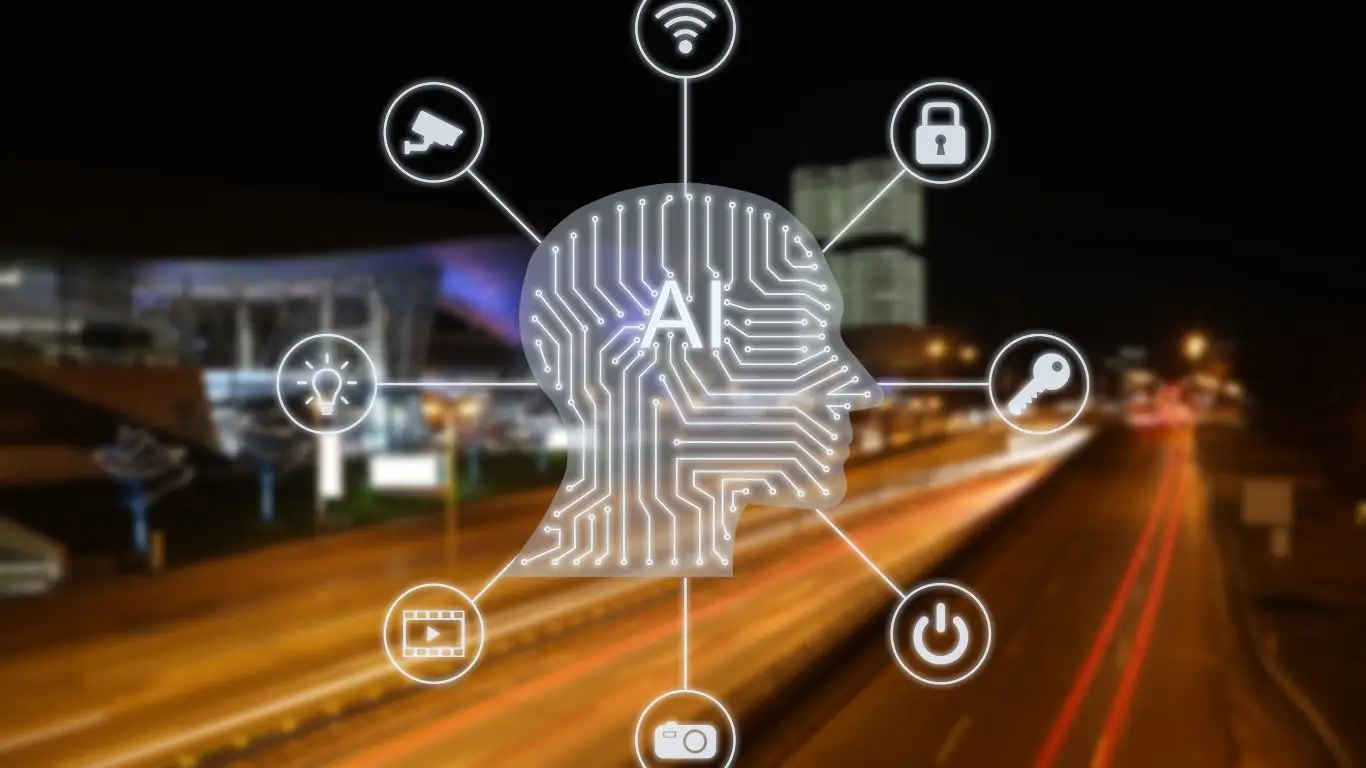Game-Changing AI-Powered Virtual Meeting Facilitators Revolutionizing Work
Let’s be real—virtual meetings can be a mess. People talking over each other, awkward silences, someone forgetting to unmute (or worse, forgetting to mute). As a Content Automation Specialist, I’ve sat through enough online meetings to know that managing them effectively is an art. That’s where AI-powered virtual meeting facilitators are shaking things up. They’re not just futuristic buzzwords; they’re revolutionizing the way we collaborate remotely.
How AI is Changing Virtual Meetings 
Before AI got involved, virtual meetings felt like the Wild West—disorganized and often inefficient. Now, smart tools can handle everything from scheduling to summarizing discussions. Here’s how AI-powered virtual meeting facilitators are making a real difference:
- Automated Note-Taking: No more scrambling to jot things down. AI tools transcribe conversations, highlight key points, and generate summaries.
- Smart Scheduling: AI analyzes calendars and suggests the best meeting times, avoiding the dreaded “Does this time work for everyone?” back-and-forth.
- Real-Time Translations: Global teams? No problem. AI can translate live discussions, making meetings accessible to everyone.
- Engagement Tracking: AI detects who’s actively participating and who might be zoning out, helping facilitators keep meetings interactive.
- Automated Follow-Ups: AI-generated action items ensure that important tasks don’t fall through the cracks.
My Experience with AI Meeting Tools 
I’ll admit, I was skeptical at first. Could an AI really replace a human facilitator? But after testing tools like Otter.ai and Zoom AI Companion, I was hooked. One of my biggest pain points was taking notes while trying to stay engaged in discussions. Now, AI handles that effortlessly.
In one project meeting, our AI assistant not only took minutes but also suggested follow-up tasks based on the conversation. It even nudged us when a topic had been discussed too long—something I wish human facilitators would do more often!
Why Businesses Are Adopting AI Meeting Facilitators 
Companies are quickly realizing the advantages of AI-powered meeting assistants. It’s not just about convenience—it’s about efficiency, accuracy, and better engagement. Here’s why businesses are making the switch:
- Time-Saving: Meetings are more structured, reducing unnecessary chatter and speeding up decision-making.
- Data-Driven Insights: AI can analyze past meetings to identify trends, helping teams optimize their workflows.
- Reduced Meeting Fatigue: AI minimizes unnecessary meetings by providing detailed summaries, so not everyone has to attend.
- Better Documentation: AI ensures that meeting records are accurate and easily accessible.
- Scalability: Whether it’s a small team or a global enterprise, AI adapts to different meeting needs seamlessly.
The Future of AI-Powered Virtual Meeting Facilitators 
We’re only scratching the surface of what AI-powered virtual meeting facilitators can do. As AI technology evolves, we’ll see even more sophisticated tools transforming the way teams collaborate remotely. Imagine AI that not only takes notes and organizes meetings but also predicts project roadblocks, suggests creative solutions, and even gauges team morale.
Some developments that are already on the horizon include:
- Emotion AI: Tools that analyze facial expressions and tone of voice to detect engagement, stress, or confusion in real-time.
- AI-Powered Decision Making: Systems that provide data-driven recommendations based on past meeting discussions and company objectives.
- Deeper Integration with Workflows: AI that syncs meeting insights directly with project management tools like Trello, Asana, or Slack.
- Voice-Activated Meeting Assistants: No need to click or type—just ask AI to retrieve notes, set reminders, or generate reports on the fly.
- Personalized Meeting Summaries: AI that tailors post-meeting recaps based on what’s most relevant to each attendee.
As much as these advancements excite me, they also bring up important questions. How much control should AI have in decision-making? Will companies become too reliant on automation, at the expense of human intuition? It’s a fascinating space to watch.
Challenges & Ethical Considerations 
Let’s talk about the elephant in the room—AI isn’t perfect. As much as these tools boost efficiency, they come with their own set of challenges. Here are a few issues that businesses (and individuals) need to consider:
- Privacy & Data Security: AI tools often record and analyze conversations. Who owns this data, and how secure is it?
- Bias in AI Algorithms: AI models are only as good as the data they’re trained on. If there’s bias in the training data, it could lead to skewed meeting summaries or recommendations.
- Over-Automation: Relying too much on AI could lead to a lack of personal engagement in meetings. After all, some discussions require human intuition and emotional intelligence.
- Technical Glitches: AI tools aren’t foolproof. Misinterpretations, incorrect transcriptions, or software errors can disrupt workflows rather than streamline them.
- Workplace Adaptation: Not everyone is tech-savvy or comfortable with AI-driven meetings. Companies need to ensure proper training and accessibility.
From my experience, the key is to use AI as a support system rather than a replacement for human interaction. It should enhance discussions, not dictate them. AI should be a tool that empowers teams, not one that takes control.
Final Thoughts on AI Meeting Facilitators
Having used AI-powered meeting tools extensively, I can confidently say they’re a game-changer. They streamline workflows, reduce administrative burdens, and improve collaboration—especially for remote teams. However, it’s important to strike a balance. AI should complement human intelligence, not replace it.
For businesses, investing in the right AI meeting assistant is about understanding their team’s needs. Do you need better meeting notes? Automated scheduling? Real-time language translation? Identifying pain points first will help in selecting the right tool.
One thing’s for sure: AI-powered virtual meeting facilitators are here to stay. As they continue to evolve, they’ll redefine how we communicate, collaborate, and get work done. And if that means fewer unnecessary meetings and more productive discussions—sign me up!
References
Disclaimer
The information in this article is based on personal experience and research. AI technology is constantly evolving, and its effectiveness varies depending on the tool and use case. Always review privacy policies and terms of service when using AI-powered software.
#LNF